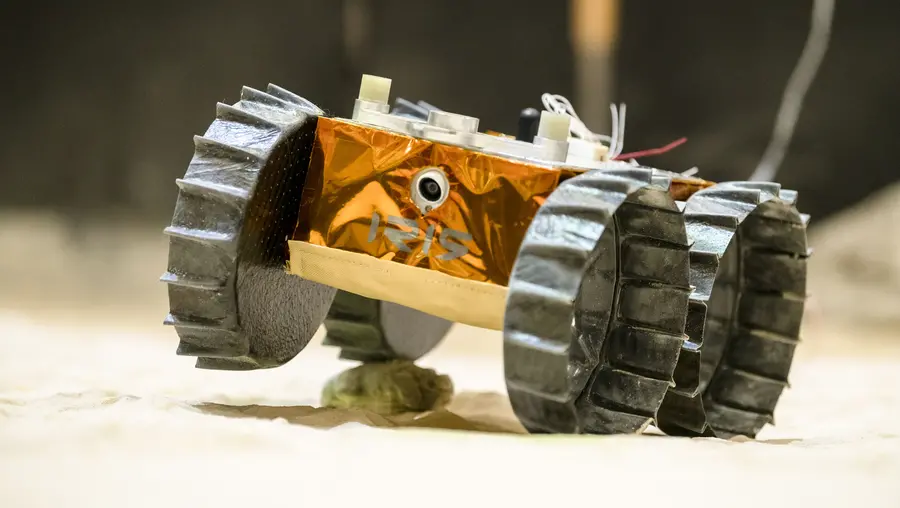
All Seven CMU Colleges Send Iris to Space
An interdisciplinary effort across Carnegie Mellon University was crucial to the success of the student-led Iris lunar rover project.

CMU Provost Appointed to Second Five-Year Term
CMU President Farnam Jahanian has announced the reappointment of James H. Garrett Jr. to a second five-year term as provost and chief academic officer.

Carnegie Mellon University Payloads Iris, MoonArk Launch as Part of Historic Lunar Mission
Two payloads from Carnegie Mellon University launched to the moon.
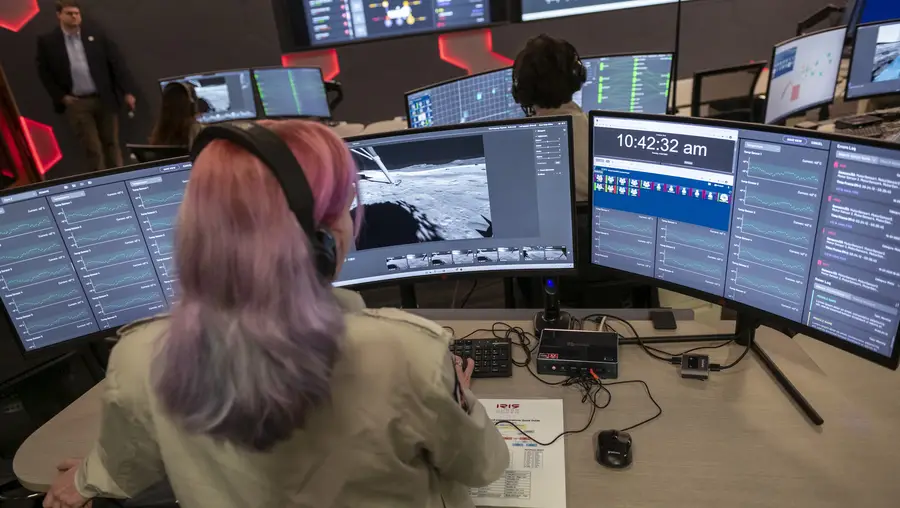
Mission Control: Reach Out and Touch Space
Carnegie Mellon Mission Control is a new command hub in the Gates Center for Computer Science that provides state-of-the-art equipment for crews of the Iris and MoonRanger missions, and future space robotics initiatives.
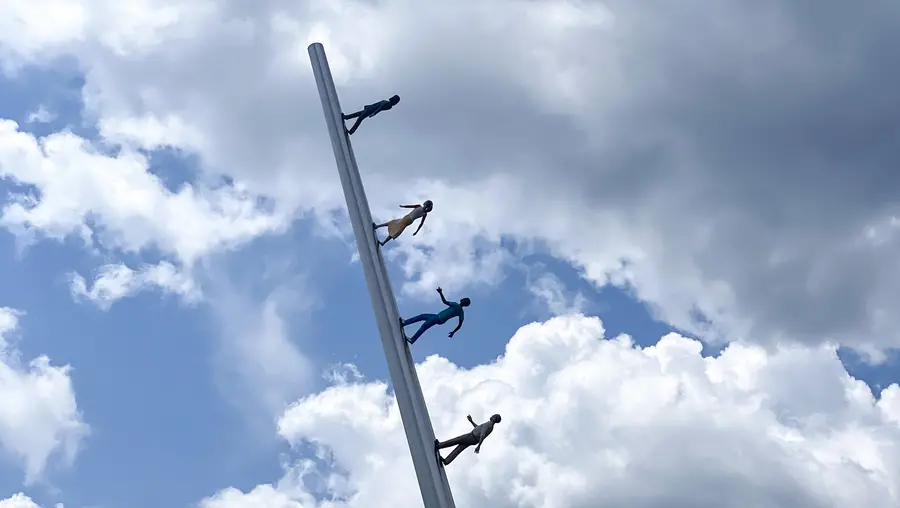
Year in Review 2023
A look back at the great things happening at Carnegie Mellon University in 2023.

Carnegie Mellon Holds Groundbreaking for Robotics Innovation Center
Carnegie Mellon University has broken ground on construction for its Robotics Innovation Center.
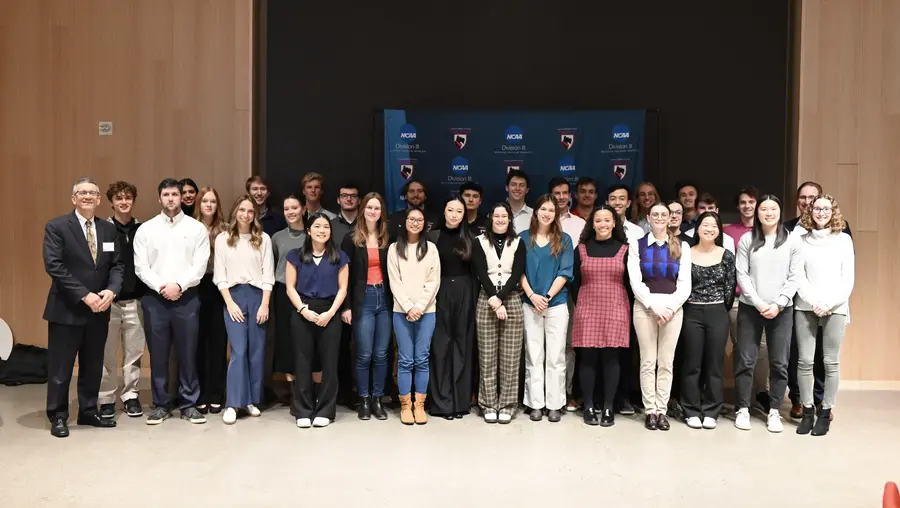
Department Honors Top Academic Athletes at Annual Celebration
CMU's Department of Athletics welcomed faculty and staff to the annual Student-Athlete Academic Achievement Celebration.
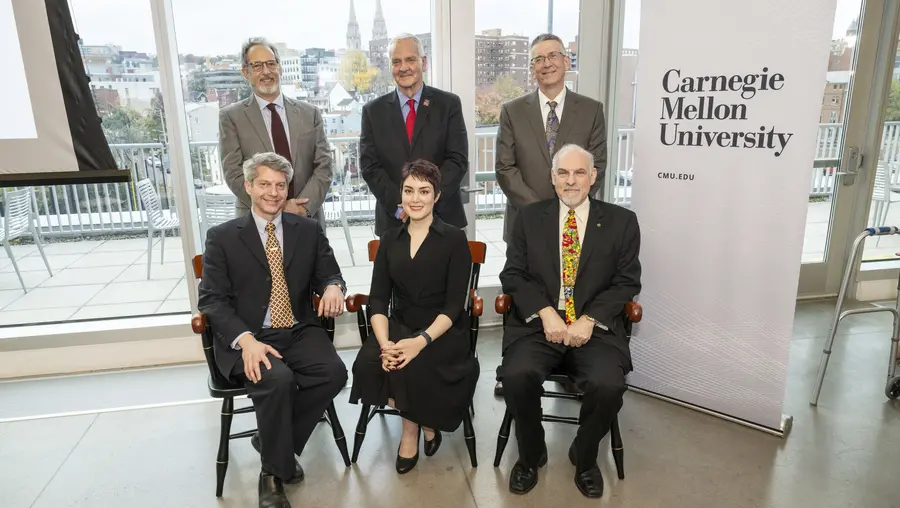
Carnegie Mellon Honors Three Faculty With Professorships
Carnegie Mellon University recognized three distinguished faculty members — Alex John London, Hoda Heidari and Brad Myers — during a Nov. 1 ceremony in honor of their endowed professorships.
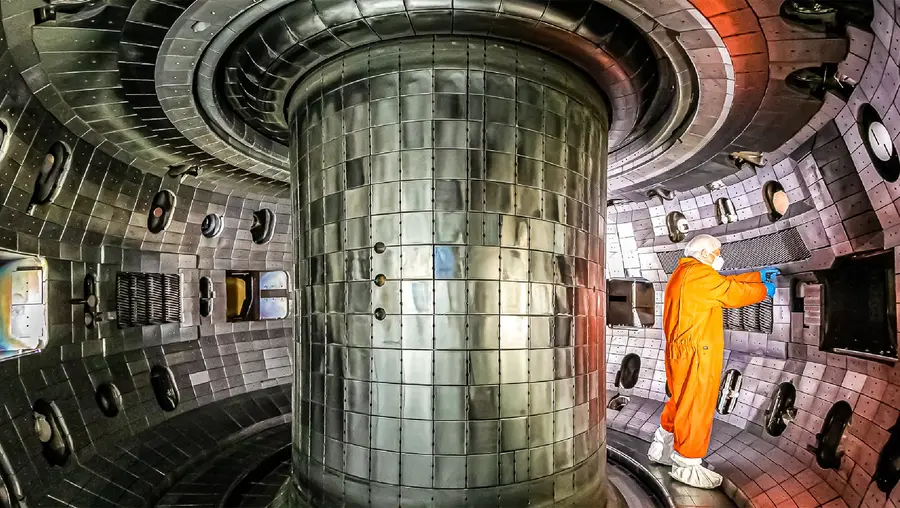
SCS Researchers To Receive $1.2M for Continued DOE Nuclear Fusion Research
The U.S. Department of Energy will continue funding research on nuclear fusion at Carnegie Mellon University’s School of Computer Science.